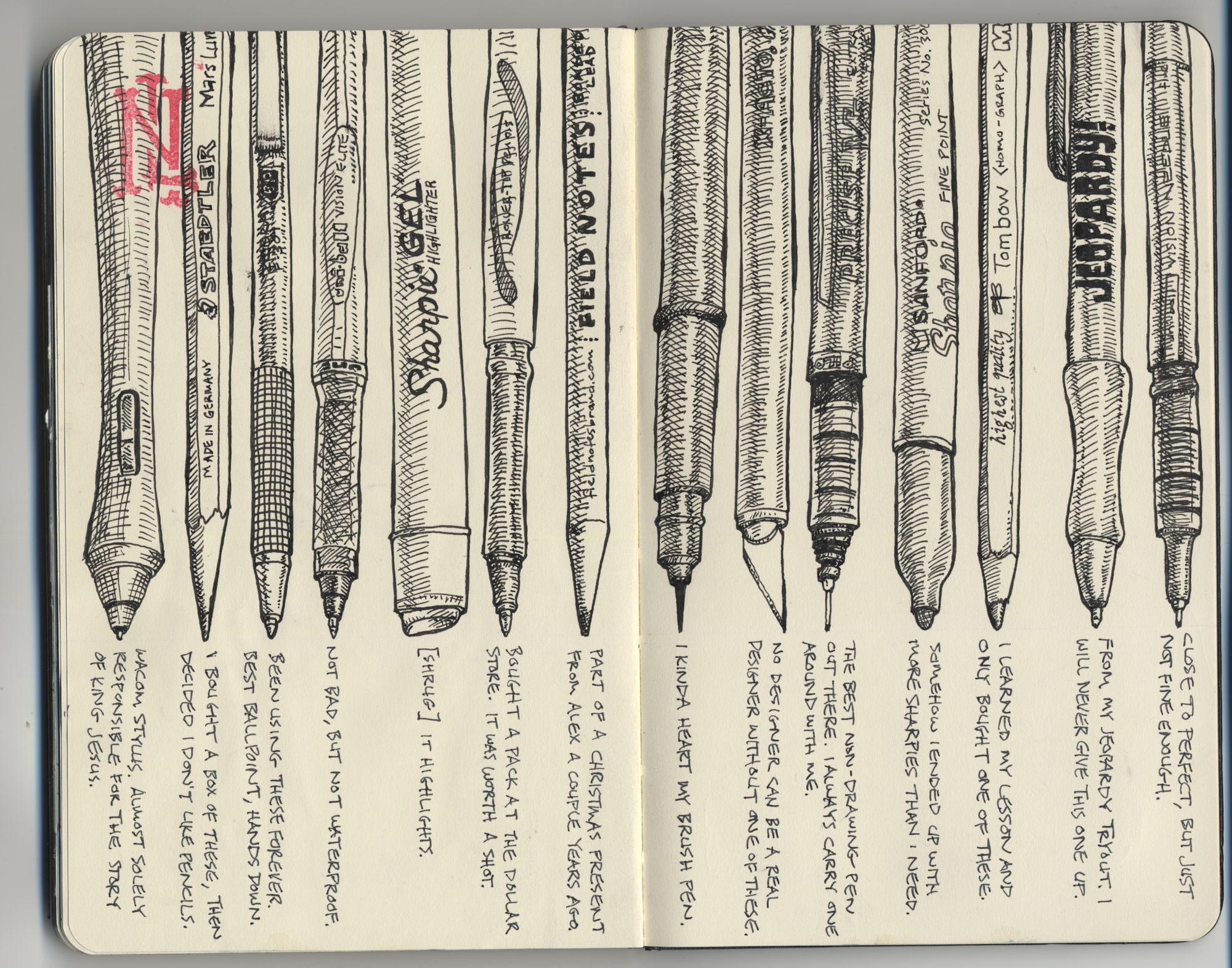
I wrote a lot in 2021: 194 articles (including TechCrunch: Equity podcast episodes), one major think tank report, and a grand total of about 125,000 words. That’s pretty much half of what I wrote in 2020, a function of both changing jobs (I didn’t write anything the past two months) as well as a focus on more researched, longer-form projects as opposed to straight news.
Last year, I slowed my pursuit of U.S.-China supply chains and enterprise infrastructure to spend more time on climate change, disastertech, existential risk, and geospatial startups. These themes are increasingly percolating across all of my conversations in the tech industry, as more and more people come to grips with the harsh dangers our world intends to throw at us in the coming years.
First Place: The Future of Technology and Disaster Response series
One of my biggest projects this year was around building a community and beat around “disastertech” or startups working on the global response to natural disasters. Once a bit of a fringe topic (like all great new tech trends), now several dozen startups have gotten underway in the market, with several getting serious funding from top firms. From wildfires and flood simulations to geospatial mapping platforms to satellite systems, there are all kinds of approaches to this nascent market.
After dozens of interviews with founders, investors and emergency management officials, I brought the subject together in a series of analyses that I dubbed The Future of Technology and Disaster Response series. It covers the challenges of selling into emergency management agencies (among the worst sales cycles you can imagine), the rise of AI in response to disasters, internet connectivity, and how humans are being organized to respond.
As with all good reporting projects, even after conducting several dozen interviews, it felt as if there were infinite more directions to take this story. It’s certainly one that is going to be with us for a long time.
Series Parts:
- Part 1: The most disastrous sales cycle in the world
- Part 2: Data was the new oil, until the oil caught fire
- Part 3: When the Earth is gone, at least the internet will still be working
- Part 4: The human-focused startups of the hellfire
Second Place: RapidSOS EC-1
Much of 2021 was focused on rebuilding the TechCrunch EC-1 series of startup profiles, which I had launched in 2019, suspended in 2020 due to the pandemic, and got back underway again last year. We ultimately published 12 new profiles of between 10,000-20,000 words — relatively gargantuan undertakings, but ones I always found rewarding to edit.
I wrote one of those profiles on RapidSOS, the platform the connects iPhones, Androids, and a myriad of other hardware devices straight into 911 call centers. It’s an incredible yarn — filled with pivots, reversals, real challenges, and some heartbreak. Yet, it offers a great perspective on the opportunities and innovation required to build a startup, particularly one focused on cash-strapped government agencies.
Series Parts:
- Intro: The RapidSOS EC-1
- Part 1: Smoking pizza ovens and pilfered dollar bills, or the early story of RapidSOS, the software revolutionizing 911 calls
- Part 2: RapidSOS learned that the best product design is sometimes no product design
- Part 3: How RapidSOS used creative tactics to build a partnerships and BD engine at scale
- Part 4: After a decade, Congress might finally bring 911 into the internet age
Third Place: Labs over Fabs: How the U.S. Should Invest in the Future of Semiconductors
I haven’t written a full think tank report in quite some time, but after years covering U.S.-China trade relations, it seemed to be a good moment to take a wider look at the subject. Timed for the inauguration of President Biden, this report, which I co-wrote with the Fletcher School’s Chris Miller and ChinaTalk and Rhodium analyst Jordan Schneider under the auspices of the Foreign Policy Research Institute, offered a range of historical background and policy recommendations on how to revitalize America’s chip industry.
Some of the final recommendations have still managed to stay within the policy discussion with the Build Back Better bill, while others were included in previous legislation this year. It’s a key subject — and the report still holds up a year later.
Honorable Mention: I’m a free speech champion. I don’t even know what that means anymore
This was my most controversial piece last year, and discussed the challenges of what free speech means in the aftermath of the violent attack on the U.S. Capitol in January 2021. I’ve always been a reasonably hardline free speech absolutist (I was formerly a journalist after all — it’s a key right that allows that profession to function), but after witnessing the destruction at the U.S. Capitol, those absolutes needed some pondering.
At core, my views have just become more saturnine. We should all be able to take advantage of free speech, but it was never designed as a weapon. Social media has intensified the zealotry of all partisans, and in their wake is the discarded wreckage of the Enlightenment and the rationality that binds a pluralistic country like the United States together.
I can’t imagine giving up an inch of free speech, but neither can we do nothing to ameliorate technology’s worst effects on thinking today. I don’t have solutions — and there aren’t really any at hand, other than the hope that we will each start speaking again to our better angels and calm ourselves down.